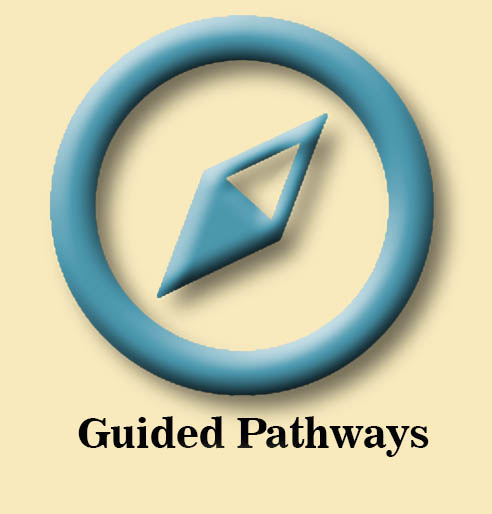As we begin to come back to our worksites with an eye toward returning to something more like the normal operations of our campuses, the first concern for most of us is safety. Thus, vaccine mandates, masking requirements, proper ventilation, and spacing along with other safety protocols are essential. Anything that falls short of this is unacceptable.
If you any of you find your workspace, wherever that may be, lacking in this regard upon return, please contact your AFT representative and let them know so we can help you address this.
Beyond these basic needs, many of you have also been concerned about enforcement issues with students or other people who might come to campus and disregard proper protocols. AFT’s position is that no employee of the District is under any obligation to stay in an office and/or classroom where they do not feel safe. We encourage any member in this situation to leave immediately and let us know about your situation. We will have your back and help you negotiate whatever difficulties you are experiencing in this regard.
Outside of these safety and campus management issues, perhaps the biggest single issue we will be dealing with is our collective mental health.
If handling all of this along with the world at large makes you anxious or depressed, you are not alone. Earlier this year, the American Psychological Association (APA) released a report noting that our mental health problems had reached crisis level:
APA’s 2020 Stress in America survey released in October revealed that Americans have been profoundly affected by the COVID-19 pandemic and are struggling to cope with the disruptions on top of other factors creating stress, including political conflict, the impact of racism, and an economic downturn. The combination of these compounding stressors and the persistent drumbeat of an ongoing public health emergency has prompted APA to sound the alarm on a growing mental health crisis that could yield serious health and social consequences for years to come.
Nearly 78% of adults say the coronavirus pandemic is a significant source of stress in their life. 63% of adults say the economy is a significant source of stress, which is nearing levels reported during the 2008 recession (69%). 59% of adults, regardless of race, report that police violence toward minorities is a significant source of stress in their lives. 33% cite discrimination as a significant source of stress in their lives. Gen Z adults ages 18–23 are the most likely age group to report experiencing common symptoms of depression, with 75% noting that in the prior 2 weeks they felt so tired that they sat around and did nothing. 51% of Gen Z teens ages 13–17 say the pandemic has made planning for their future feel impossible.
We know the past almost two years have been extremely trying for all of us and that the isolation and fear is very real. Please know that we are working hard to support folks however we can to alleviate our collective stress and trauma.
As educators of young adults, we have been serving students experiencing problems and/or dropping out and doing what we can to help them as they struggled to make their way through that last couple of years. Every due date for our students brings with it a chorus of trauma from Covid deaths in the family, to economic hardships, domestic abuse, anxiety issues, depression, and other obstacles to their success. It’s a house of pain.
Now, just last week, it appears that declining Covid cases and the return to school have not made things better for young people in America who are facing a mental health emergency. National Public Radio reports that:
A coalition of the nation’s leading experts in pediatric health has issued an urgent warning declaring the mental health crisis among children so dire that it has become a national emergency.
The declaration was penned by the American Academy of Pediatrics, the Children’s Hospital Association and the American Academy of Child and Adolescent Psychiatry, which together represent more than 77,000 physicians and 200 children’s hospitals.
In a letter released Tuesday, the groups say that rates of childhood mental health concerns were already steadily rising over the past decade. But the coronavirus pandemic, as well as the issue of racial inequality, they write, has exacerbated the challenges.
While our population is comprised of largely young adults, many of these issues are still very much present. So, as we try to negotiate our way forward, it is imperative that we do all we can to help and support each other and work to rebuild the beloved community that our campuses, at their best, can be. Our students need us to be there for them and our work as educators in this time of national crisis has never been more important.






0 Comments